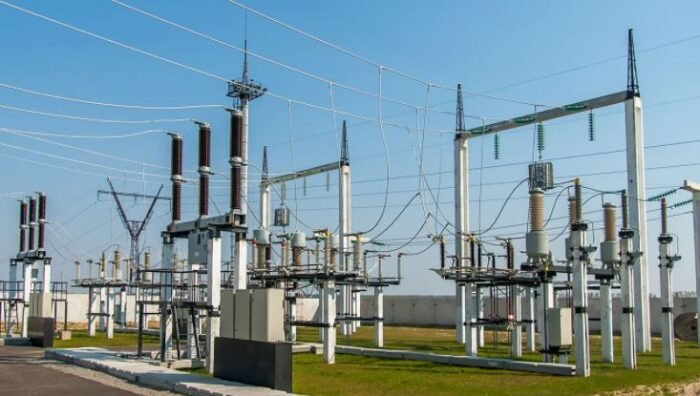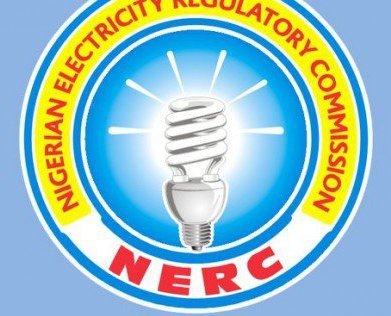Nigerian Electricity Regulatory Commission (NERC): A Brief History
Nigerian Electricity Regulatory Commission (NERC) was formed under the Obasanjo administration’s economic reform agenda in 2005. Created through the Electric Power Sector Reform Act, 2005, it is an independent regulatory body that regulates the electric power industry in the country.
NERC reviews transport policies and electricity tariffs, enforcing standards in the use of electricity, and promoting policies that are environmentally friendly and efficient.
Nigerian Electricity Regulatory Commission was primarily instituted with the aim of regulating tariff of government-owned Power Generating companies, and any generating company that is licensed for power generation and transmission of energy, and electricity distribution.
In 1896, electric power generation started in the country. The Nigeria Electric Supply Company (NESCO) was created in 1929. The government established the Electric Corporation of Nigeria (ECN), with the aim of taking over the assets of NESCO.
Nigeria Dams Authority (NDA) was established in 1962 for developing the hydropower potentials in the country.
ECN and NDA were both merged to form the National Electric Power Authority (NEPA) in 1972. NEPA eventually became the Power Holding Company of Nigeria (PHCN).
During the regime of Olusegun Obasanjo, he made efforts to reform the sector due to the power crises in the country.
The Nigerian Electricity Regulatory Commission was established through the 2005 Electric Power Sector Reform Act. On the 30th of October, 2007, it was inaugurated and Dr. Ramsome Owan became the first CEO.
Nigerian Electricity Regulatory Commission (NERC): Lagos Office
NERC is located at 61, Odunlami St, Lagos Island, Lagos State.
Nigerian Electricity Regulatory Commission (NERC): Address in Abuja
NERC is located at Plot 1387, Cadastral Zone A00, Central Business District, Abuja, F.C.T, Nigeria.
Nigerian Electricity Regulatory Commission (NERC): Recruitment and Job Vacancies
Some of the 2020 vacancies at NERC include:
- Graduate Analyst I-III, Non-Governmental Relations
- Graduate Analyst I-III, Office of the Chairman
- Graduate Analyst I-III, Secretariat
- Graduate Analyst III- Procurement
- Assistant General Manager- Head, Public Communication
- Assistant General Manager- Media Adviser
- Assistant General Manager- Human Resources
- Manager- Goods & Works Procurement
- Manager- Social Manager, Accounts
- Senior Manager- Health and Safety Standards and Compliance
- Assistant General Manager- Customer Complaints Management Unit
- Assistant General Manager- Legal Advisory Services
- Senior Manager- Government and National Assembly Matters
- Senior Manager- Content Development
- Assistant Manager- Forum Secretary
- Assistant Manager- Enforcement
- Assistant Manager- Post Licensing
- Manager- ADR

Requirements for Applying to NERC
Applicants must possess any of the following qualifications
- He/she must possess. B.Sc., OND, NCE, or HND in any discipline. The degree must be earned from a recognized institution.
- Senior Secondary School Certification (SSCE) or West African School Certificate (WASC) with credits in not less than three subjects including English language or General Certificate of Education (GCE)/National Examination Council (NECO) with passes in four subjects at one sitting or five subjects, including English Language, at two sittings.
- National Certificate of Education (NCE) and National Diploma (ND) obtained at a recognized institution.
To be certain that the Nigerian Electricity Regulatory Commission Recruitment Application Form is out, visit their official website: www.nercng.org.
The online application is free of charge and candidates are required to apply for one position at a time.
Nigerian Electricity Regulatory Commission (NERC) Act
The Electricity Power Sector Reform Act 2005 was established for the provision of the general legal framework for the formation of legal entities that would take over the assets and liabilities of the old regulatory body; Nigerian Electricity Regulatory Commission. It was also established to create the Nigerian Electricity Regulatory Commission as the agency for the generation, transmission, and distribution of electricity in the country.
Maryam AbdulWahab is a creative writer and lifestyle blogger. She is also a graduate of Economics from Al-Hikmah University. She lives and breathes literature. When she isn’t writing prose or blog posts, she is reading a fiction work or studying events around her. She writes from Lagos, Nigeria. You can find more of her works on her website.

